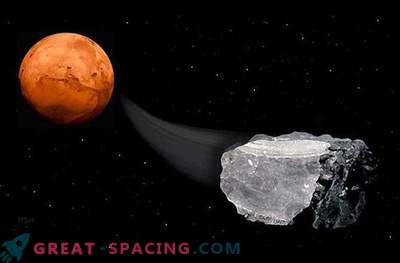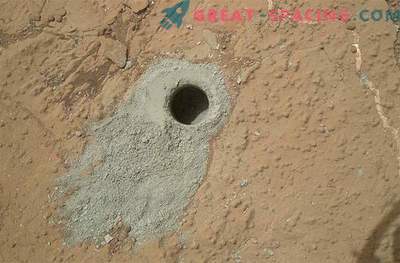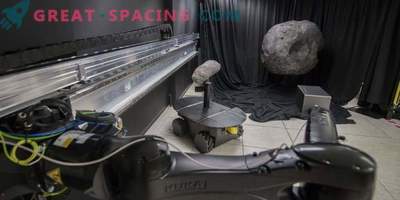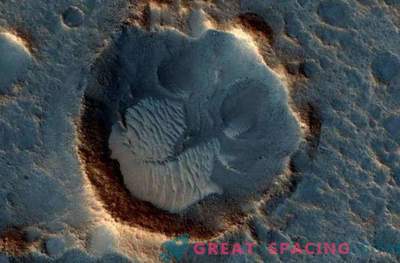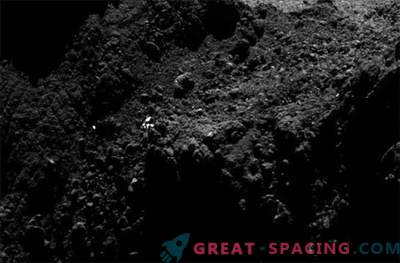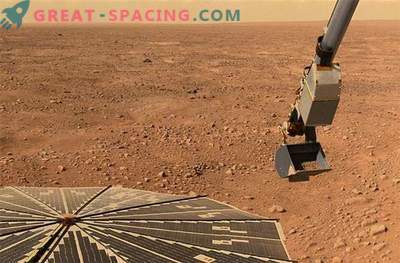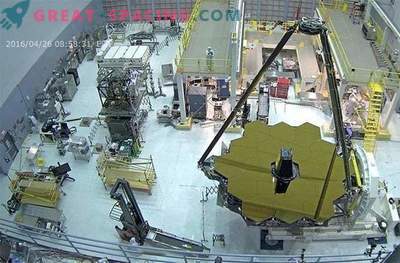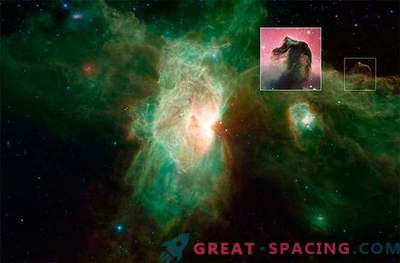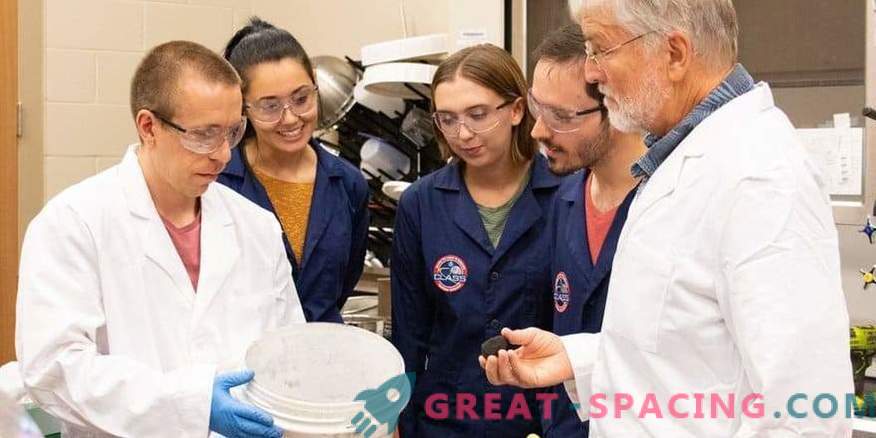
The team of astrophysicists has developed a scientifically based standardized method for creating Martian and asteroid soil - simulators
The University of Central Florida sells Martian mud at $ 20 per kilogram, plus shipping. Yes, this is real news. The team of astrophysicists has created a scientifically based standardized method of creating Martian and asteroid soil - simulators. They are useful for research, as mankind plans to visit Mars. If we are talking about a colony, then we can not do without food, water and other necessities.
Simulators will help test future technologies. For example, scientists are still trying to find effective ways to grow food on the Red Planet. Agree that it is much more useful to test ideas on experimental Martian soil, which most closely resembles the composition of the Red Planet.
The formula is based on the chemical signature of the Martian soils collected by the Curiosity rover. The researchers created two calibration targets. It is important to thoroughly know the ingredients, because they are mixed in different ways to mimic the soil of asteroids and planets. On Mars and asteroids there is a different type of soil. For example, the Earth has black and white sand, clay and top soil layer. In other worlds, one can find soil rich in carbon, clay or salt. New technology allows you to create different variations.
It is also important to note that lunar and asteroid materials are rare on Earth, due to which they have a high cost. Therefore, simulators seem to be a profitable option for researchers. The university team is able to imitate most of the ingredients and will replace any potentially harmful materials. All simulators comply with NASA safety standards.
The team already has 30 pending orders, and one has half a ton from the Kennedy Space Center. Scientists believe that this service will allow you to explore the solar system much faster and more efficiently. Investments have already been received from Space X, Blue Origin and other private companies.









